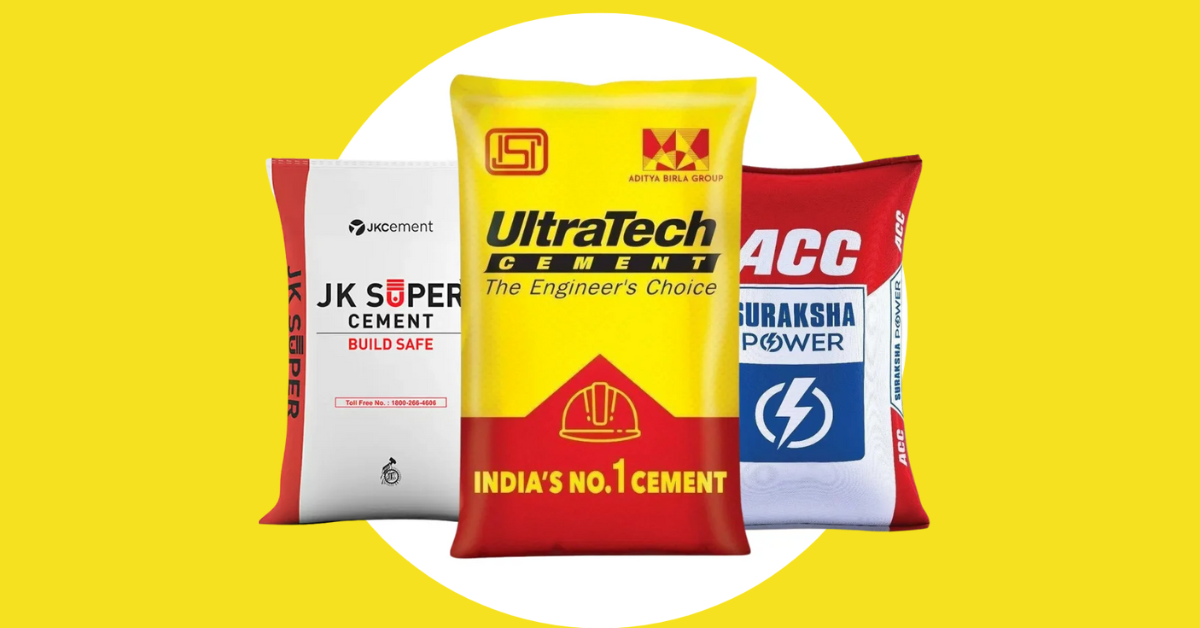Trade vs. Non-Trade Cement: Understanding the Difference
Trade Non Trade Cement: When selecting cement for your construction needs, the terms “trade cement” and “non-trade cement” often come into play. Understanding these categories is crucial to making an informed decision that aligns with your project requirements. In this article, we delve into the key differences between trade and non-trade cement, their applications, and how to choose the best option for your project.
What Is Trade Cement?
Trade cement is primarily distributed through a network of dealers and retailers. It is typically purchased by smaller contractors, masons, or individual buyers for minor construction projects. Trade cement is:
- Widely Available: You can find it in local hardware stores and retail outlets.
- Packaged for Smaller Needs: Available in smaller quantities, making it ideal for small-scale projects.
- Premium Priced: Generally priced higher due to brand recognition and ease of accessibility.
What Is Non-Trade Cement?
Non-trade cement, on the other hand, is sold directly to large-scale buyers such as builders, real estate developers, and infrastructure companies. It is tailored for bulk purchases and large projects. Key characteristics of non-trade cement include:
- Direct Distribution: Supplied directly by manufacturers to the buyer.
- Cost-Effective: Priced lower due to bulk purchasing and minimal intermediaries.
- Customized Supply: Often tailored to meet the specific needs of large-scale projects.
Key Differences Between Trade and Non-Trade Cement
| Aspect | Trade Cement | Non-Trade Cement |
|---|---|---|
| Availability | Easily available at retail outlets. | Supplied directly by manufacturers. |
| Pricing | Higher due to retail markups. | Lower due to bulk purchasing. |
| Quantity | Smaller, individual purchases. | Bulk quantities for large projects. |
| Target Audience | Small contractors and individual buyers. | Builders and infrastructure developers. |
Benefits of Non-Trade Cement for Bulk Buyers
If you are planning a large-scale project, non-trade cement is the more economical choice. Here’s why:
- Cost Savings: Lower price per unit due to bulk orders.
- Consistent Quality: Direct supply ensures minimal handling, reducing risks of contamination or quality degradation.
- Customized Solutions: Manufacturers can provide cement tailored to specific project requirements.
How to Choose the Right Option
Your choice between trade and non-trade cement depends on the scale and nature of your construction project. For smaller renovations or repairs, trade cement is convenient and accessible. For large-scale projects, non-trade cement offers better value and efficiency.
Buy Trade and Non-Trade Cement Online
At Non Trade Cement Online, we offer a wide range of options for both trade and non-trade cement. Whether you are a contractor working on a small project or a developer managing a large infrastructure build, we have the perfect solution for your needs.
Explore our website to find high-quality cement at competitive prices. Our streamlined ordering process and reliable delivery ensure that your construction project stays on schedule.
Conclusion
Understanding the differences between trade and non-trade cement can help you make an informed decision that saves time and money. For bulk purchases or tailored cement solutions, non-trade cement is the optimal choice. Visit Non Trade Cement Online today to find the perfect cement for your project.







